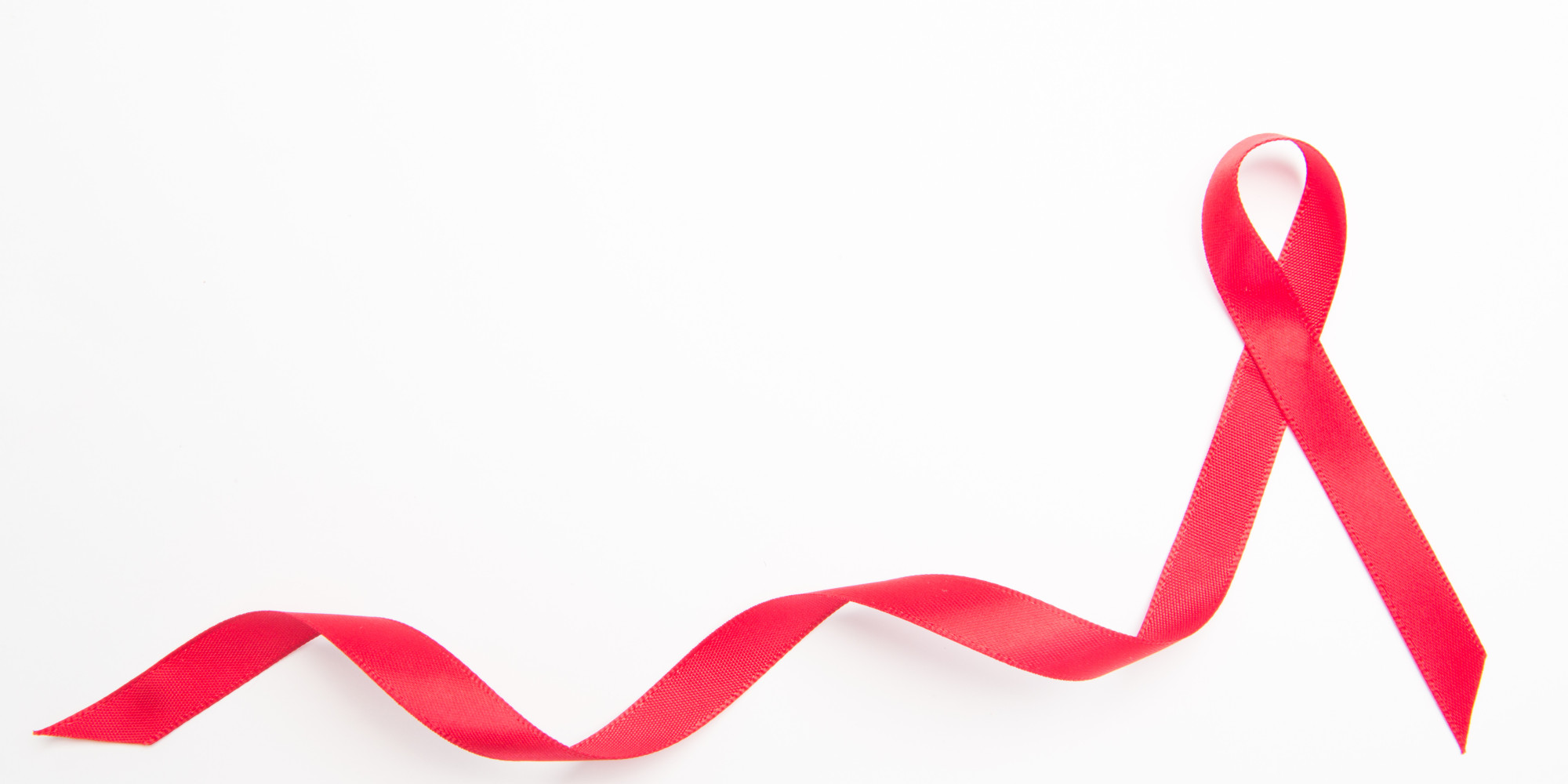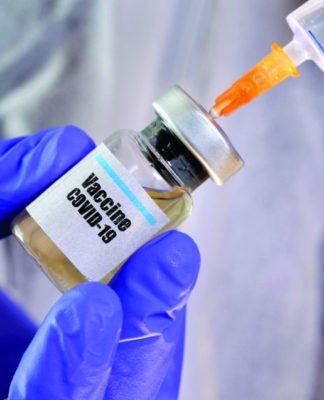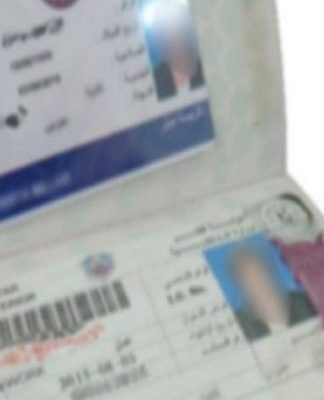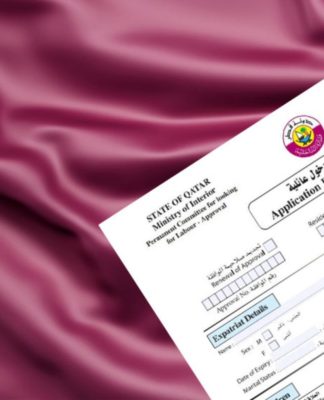Your Options for HIV Testing
More options, including rapid-results tests, make HIV testing less difficult than ever before.
If you think that you need to be tested for human immunodeficiency virus (HIV), you can now choose from several different testing options. Which test you select should depend on your particular needs and circumstances.
An HIV test can be done anonymously or confidentially. If a test is done anonymously, the person being tested is not identified by name, but instead uses a unique identifier that cannot be traced back to that person. Anonymous test results, and the very fact that the HIV test was ever done, are not recorded in your medical records.
In contrast, a confidential test is treated like any other medical test or procedure: The results are recorded in your medical records, but privacy laws prevent the results from being shared with others. A person who wants to be tested for HIV will likely be encouraged to take the test confidentially, so that health care professionals can discuss the test results with the patient and make any referrals for other services, if necessary.
Technology Expands HIV Testing Options
There are several different types of HIV tests — each looks for evidence of your body’s response to HIV in your blood or oral fluid. They vary in their sensitivity and how they are administered. HIV test options include:
♦ Standard HIV test. In the most common HIV test, blood is drawn from a vein and evaluated for HIV antibodies, proteins your body makes after exposure to the virus. It can take as long as two to eight weeks after initial contact with HIV for antibodies to develop. So the results of an HIV test conducted too soon after exposure to the virus may result in a false negative, meaning the test could fail to detect an underlying HIV infection. If this is a concern, your healthcare provider will recommend that you take an additional HIV test in six months to confirm the negative result.
♦ Rapid HIV test. These tests also check for HIV antibodies in the blood, and the results are available within about 60 minutes. The rapid test is especially useful when a return trip to review the results is unlikely, such as in an emergency room setting.
♦ Home blood-sample collection test. People who live in rural areas or who wish to remain completely anonymous may decide to pursue home testing. Testing kits can be purchased at pharmacies or through the mail. The person pricks their finger to obtain a blood sample and then mails it into a lab for testing. Counseling and results are available by phone within three to seven days.
♦ Oral HIV test. Because no blood draw is required to identify HIV infection, oral tests are especially popular in settings outside of doctors’ offices. A special swab is used to collect cells from the gums and inner cheek, which are then tested for HIV antibodies. Results from rapid oral HIV tests are available in about 20 minutes, whereas results from standard oral testing are usually available in about a week.
There is a slightly higher risk of false positive results, or results that say HIV infection is present when it actually isn’t, with oral HIV testing. Because of this, any positive HIV results from an oral test must be verified with a blood test.
When to Consider HIV Testing
You may want to consider getting tested for HIV regularly if you:
Inject drugs or have shared needles or other equipment for the purpose of drug use
Have sex without condoms with someone who has a sexually transmitted disease, who has had multiple anonymous sex partners, or who has ever exchanged sex for money
Have had unprotected (meaning without using condoms) vaginal or anal intercourse
Have ever been treated for a sexually transmitted disease, hepatitis, or tuberculosis
Have had an unexplained fever, night sweats, or weight loss
Where to Find an HIV Testing Site
HIV testing is provided by health clinics, private physician offices, community health facilities including drug treatment centers, and at other locations. The Centers for Disease Control and Prevention maintains a database of HIV testing sites.
People sometimes worry about whether they should get an HIV test through their insurance carrier due to the possible stigma attached to HIV testing (link to management-stigma) or a potential diagnosis. They may also be concerned that if the test is positive their insurance rates will go up or they may lose their insurance coverage altogether. According to the CDC, your insurance company should not legally be able to cancel your coverage for having an HIV test; nor should you lose your coverage for being infected with HIV, should the test result be positive.
No matter where you have your test done, if you would like to use your health insurance to pay for the test or for any treatment you may need down the road for HIV or AIDS care, the insurance company will learn about the test and your condition at that point. But if you’re more comfortable keeping the test private from your insurance company, at least until you know the result, you may opt to pay for the test yourself or find a free testing site. According to the CDC, the laboratory that tests you is not required to report your results to your insurance carrier and in fact, is only permitted to tell an “authorized person” (you and/or the person conducting the test) of your results. In contrast to the early days of the HIV epidemic, effective treatment options are now readily available and HIV has become a very manageable disease. The sooner you know whether or not you have the virus, the sooner you can begin treatment. Pregnant women who suspect they may be infected with HIV are also strongly encouraged to get tested so that they may begin taking medication to protect their health and to avoid passing HIV infection on to their unborn baby if the result is positive. If your HIV test is negative, counseling from trained health care professionals can help you to continue to avoid HIV infection in the future.























![How to get a Qatar Family Residence Visa? [ Updated ]2022](https://welcomeqatar.com/wp-content/uploads/2022/04/maxresdefault-2-324x400.jpg)






